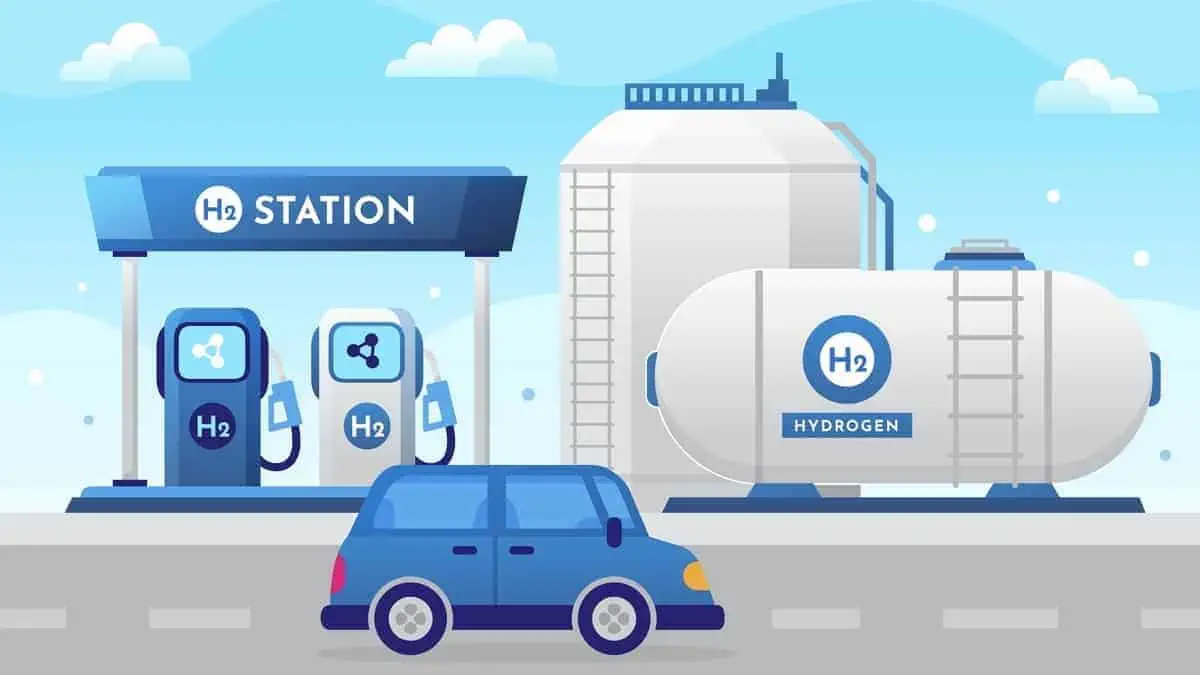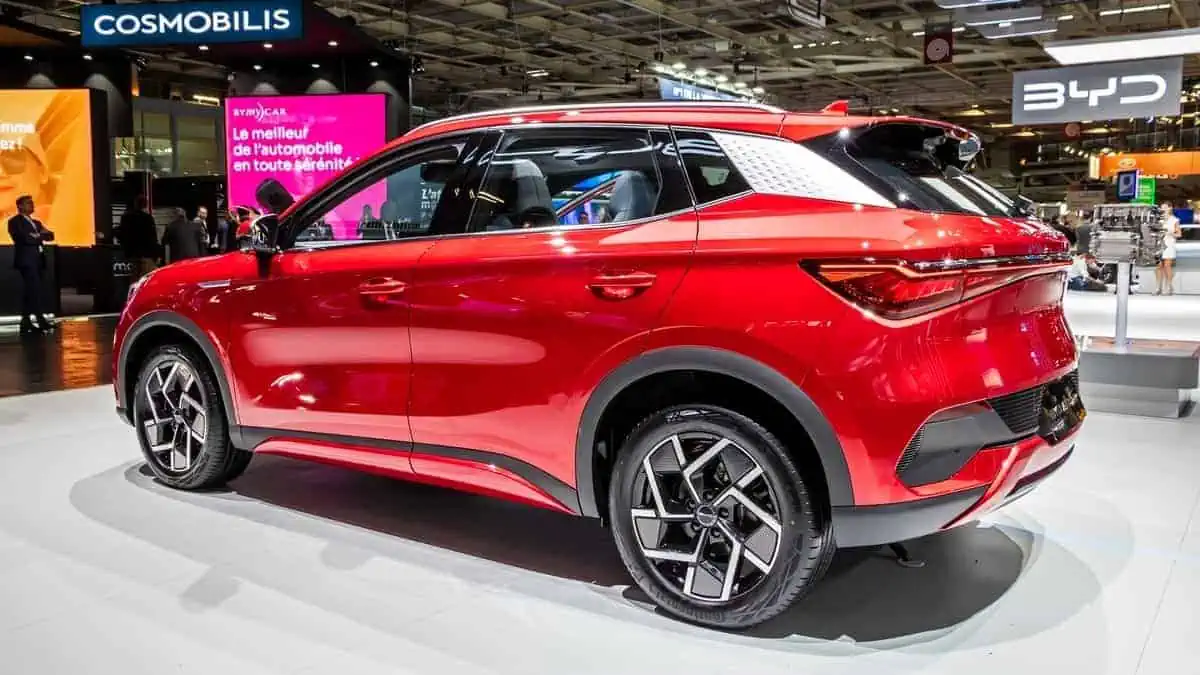Sydney-based petroleum giant Ampol formally announced Monday the new partnership it formed with American hydrogen equipment company and supplier OneH2.
The joint project will primarily focus on developing and installing hydrogen refueling stations across its existing service stations in Australia.
“We are excited to partner with OneH2 and expand our role in the hydrogen space, as we continue to work to deliver safe, reliable, and convenient future energy solutions for customers.”
Brent Merrick, Ampol’s Executive General Manager, International and New Business
Ampol’s announcement occurred following its competitor BP launched its first-ever hydrogen service facility in the country on August 14, as noted by Drive. The station generates renewable hydrogen from solar power at the adjacent Bulwer Island.
Project details
As mentioned, the strategic partnership between Ampol and OneH2 will facilitate the expansion of hydrogen service stations in the country.
Ampol aims to first focus on building such service facilities for trucks and other fleets powered by hydrogen.
Unfortunately, the companies have yet to disclose the official schedule of the project’s implementation.
Importance of hydrogen-based EVs
Hydrogen-based vehicles feature hydrogen fuel cells that turn chemical energy into electricity more efficiently than ICE vehicles.
Therefore, this technology does not generate polluting tailpipe emissions. It can effectively support Australia’s shift to sustainable mobility alongside battery-electric vehicles.
Moreover, it can offer customers other options if they still doubt all-electric models. It can also support a faster refueling process than charging a vehicle.
Benefits of the project
OneH2 has also already been developing, producing, and deploying hydrogen service stations in the US for nearly ten years.
“Hydrogen as a transport fuel is not easy. Our experience in designing, manufacturing and deploying hydrogen equipment across the US over the last eight years, will allow us to accelerate its adoption in the Australian market.”
OneH2 President/CEO Paul Dawson
That said, the project will undoubtedly aid Australia-based customers to benefit from hydrogen technologies, especially in the transportation sector.
It will enable the country’s long-haul heavy truck industry to efficiently adopt hydrogen instead of fully depending on large and heavy battery packs and longer recharging times.
That said, it can promote more sustainable mobility solutions for the country. It will also encourage more companies to penetrate the new energy vehicle industry.
“Hydrogen has a key role to play in reducing emissions across Australia’s transport and broader energy sector and offers a unique opportunity to decarbonise hard to abate heavy transport and heavy machinery sectors.
We expect early hydrogen adoption within heavier vehicle fleets and operations who will benefit from short refuelling times and longer range compared to current battery electric alternatives.”
Brent Merrick, Ampol’s Executive General Manager, International and New Business
See Also:
- Australia and Germany collaborate for hydrogen supply chain projects
- ENGIE approves a renewable hydrogen project with Yara in Australia
- Queensland advanced as the best state to buy an EV in Australia
- South Australia drops pay-per-kilometer tax for EVs
- BMW accelerates hydrogen development with fuel cell electric iX5
Australia currently has less than 10 active hydrogen service stations, Riverine Herald asserted. Notably, the states of New South Wales, Victoria, and Queensland pledged last year to establish a “hydrogen super highway” across the Hume, Pacific, and Newell roadways.
The Australian Government is also evaluating its 2019 National Hydrogen Strategy, which targets to advance as the global leader in hydrogen by 2030.






